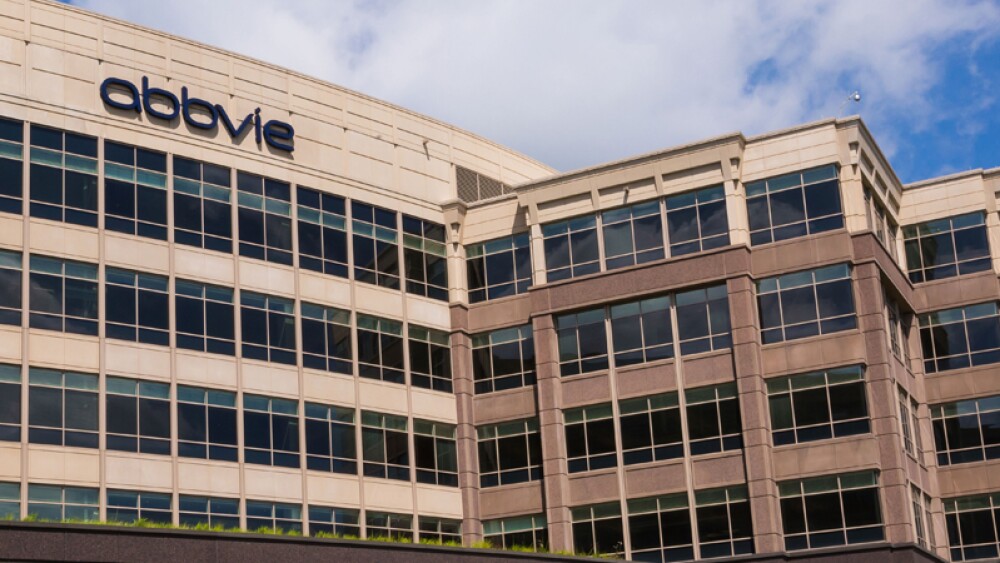October 13, 2016
By Mark Terry, BioSpace.com Breaking News Staff
AbbVie ’s Humira isn’t just a blockbuster drug. Last year it brought in $14 billion in sales, a truly extraordinary figure. But is there someone out there making a drug that might successfully compete, or even beat it out? Keith Speights, writing for The Motley Fool, takes a look at what Johnson & Johnson and Regeneron are doing.
Humira is used to treat autoimmune diseases like rheumatoid arthritis, plaque psoriasis and Crohn’s disease.
Late last month, Janssen Biotech , a J&J company, announced it had submitted a Biologics License Application (BLA) to the U.S. Food and Drug Administration (FDA) for its sirukumab to treat moderately to severely active rheumatoid arthritis (RA).
As part of the submission was data from the Phase III SIRROUND trial, which include five studies, SIRROUND-D, T, H, M and LTE. The overall SIRROUND program involved more than 3,000 patients. Sirukumab is a human monoclonal IgG1 kappa antibody that targets a naturally occurring protein implicated in autoimmune diseases called cytokine IL-6.
So far, the SIRROUND studies made public indicate the drug is safe and effective. Speights writes, “The key remaining question, though, is how the drug truly stacks up against Humira. The SIRROUND-H study featured a head-to-head match-up of the two drugs. While the study has finished, detailed results have not been announced yet. If those results do indicate that sirukumab is more effective than Humira, J&J could have a big winner on its hands.”
The downside is that J&J shares the rights to the drug with GlaxoSmithKline . GSK holds the rights in North, Central and South America. J&J holds marketing rights for the drug in the rest of the world, but has to split global profits equally with GSK.
On September 26, the FDA approved J&J’s Stelara for Crohn’s disease. Stelara was previously approved in the U.S. to treat plaque psoriasis and a type of arthritis related to psoriasis. Stelara blocks IL-12 and IL-23, which stimulate inflammation.
Speights writes, “AbbVie probably isn’t too nervous about the challenge from Stelara, though. J&J’s drug was approved only as a second-line treatment.”
He goes on to suggest, however, that J&J might not be Humira and AbbVie’s biggest threat. Regeneron Pharmaceuticals and its partner, Paris-based Sanofi , are expecting news from the FDA this month on their own drug, sarilumab, for rheumatoid arthritis, and hope to have European approval early next year. Sarilumab also works by inhibiting IL-6, but unlike J&J’s drug, has already been shown to be more effective than Humira in a Phase III trial.
Speights writes, “I think J&J will probably achieve success with sirukumab and further success with Stelara. The big company is definitely nipping at AbbVie’s heels with its autoimmune disease products, and other companies have gone beyond just nipping.”
AbbVie is currently trading for $61.11.
Johnson & Johnson is currently trading for $117.61.
Regeneron is currently trading for $377.06.
Sanofi is currently trading for $37.65.





